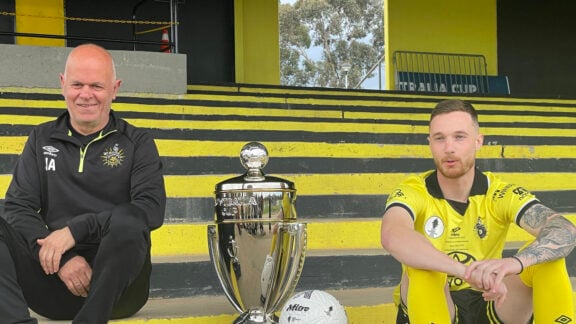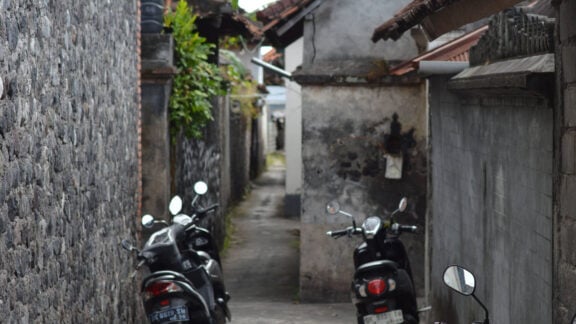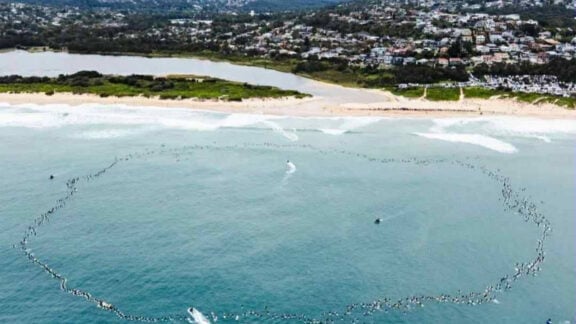When Australians talk about their assets, they’ll tell you about their house, their business or their boat.
But in my opinion, your greatest asset is the ability to generate revenue.
Our economy has shifted to high rates of self employment in the past thirty years, with professionals and tradies selling their services on a contracted basis.
This shift has left a glaring lack of sickness and injury safety nets for the self-employed, given that most contractors do not fall under the award system. These people need income protection insurance.
If you’re a self-employed person in a household where your income is the main or the sole source of revenue, you should consider what happens to the bills and the mortgage and the vehicle costs if you have to spend a few months off work.
Income protection insurance pays a percentage of a sick worker’s income during a period of inability to work due to injury or illness. The insured usually agrees to a waiting period, for instance you may have to be off work for two weeks before you are considered incapacitated.
The last research I saw on this found that among self employed males, only 23 per cent of income was covered, and among female contractors, only 14 per cent of income was protected.
Although workers comp covers you at the workplace, income protection covers you for the non-workplace misadventures: the broken leg at netball, the tummy bug, the stroke, the bout of pneumonia, the stomach ulcer, the hernia operation, the chemotherapy etc. In short, the medical dramas that seem to happen to someone else until they happen to us.
The protracted Global Financial Crisis has made us focus on our finances, and many Australian households now choose to not hold debt lest something happens that reduces the capacity to pay it back.
The other way of looking at it is to insure your income.
For those who haven’t done it, I suggest you talk to an insurance broker. Life insurance is a welcome safety net to the people you leave behind when you die.
But what if you can’t work for two months? You’re still alive but that’s long enough to put the house at risk, to miss car payments, to max out credit cards and to put undue financial stress on your family.
I urge those who have not covered their income to at least talk to a broker and discuss why it is that you haven’t insured your main source of financial security.
If in doubt, rethink your employment this way: income is your greatest asset – it’s worth protecting.
* Mark Bouris is the Executive Chairman of Yellow Brick Road, a financial services company offering home loans, financial planning, accounting & tax and insurance. Email Mark on mark.neos@ybr.com.au with any queries you may have or check S for your nearest branch.








